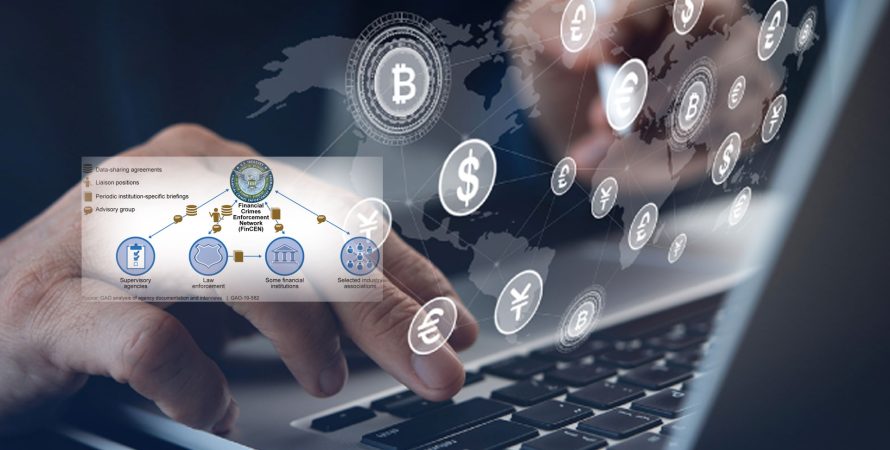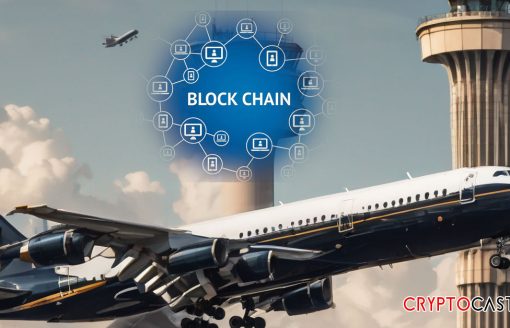Also known as the Currency and Foreign Transactions Reporting Act, the Bank Secrecy Act (BSA) is U.S. legislation created in 1970 to prevent financial institutions from being used as tools by criminals to hide or launder their ill-gotten gains.
The law requires banks and other financial institutions to provide documentation, such as currency transaction reports, to regulators. Such documentation can be required from banks whenever their clients deal with suspicious cash transactions involving sums of money in excess of $10,000. The law grants authorities the ability to more easily reconstruct the nature of the transactions.
Understanding the Bank Secrecy Act (BSA)
The BSA was put into action to better identify when money laundering is used to further a criminal enterprise, support terrorism, cover up tax evasion, or disguise other unlawful activities. The legislation saw early use to counteract the funding of criminal organizations but soon also came into use to address the funding of terrorist groups.
How the Bank Secrecy Act Works
The law does not require every transaction exceeding $10,000 to be documented. According to the Internal Revenue Service (IRS), there is a general rule that any person in a trade or business must file Form 8300 if their business receives more than $10,000 in cash from one buyer. This can be the result of a single transaction or of two or more related transactions. The rule can apply to an individual; a company, corporation, partnership, association, or trust; or an estate.
Form 8300 must be filed by the 15th day after the cash transaction took place. This requirement is applicable if any part of the cash transactions occurs within the United States, its possessions, or territories.2
Stay in the know on crypto by frequently visiting Crypto News Today
The legislation maintains a list of exceptions that do not call for such scrutiny. Government departments or agencies and companies listed on major North American exchanges are examples of exempt parties.
While the BSA can be useful in fighting criminal activity, it has drawn criticism because very few guidelines define what is considered suspicious. Also, law enforcement agencies do not need to obtain a court order to gain access to the information.
The Office of the Comptroller of the Currency (OCC) regularly examines banks, federal savings associations, and other institutions for compliance with the BSA.
Criticism of the Bank Secrecy Act
The burdens of collecting, producing, and maintaining the huge volume of data required by the BSA are weighing down financial institutions and law enforcement across the United States. Many anti-money-laundering experts have expressed doubt that the government has the ability to find the “needle in the haystack” when investigating illicit financial transactions.
It has been suggested that the BSA needs to be updated, as it was written during a time before the first laptop computer was introduced. Financial institutions are continually fighting ever-changing technologies in payments and transactions. Updates to tools to fight criminal activities would address evolutions in 21st century banking technology.
Effects of the Bank Secrecy Act
FinCEN, the Financial Crimes Enforcement Network, recognizes agencies that have used BSA data to successfully track and prosecute criminal inquiries.
The value of the BSA is in protecting the public from cybercrime, fraud, and other illegal finance threats that the U.S. confronts. Reducing crime and exploitation of people exposed to these schemes has been a key effort of both the BSA and law enforcement.
What is a suspicious activity report?
When a bank observes a seemingly suspect transaction—for example, something that could point to corruption or money laundering—the institution will file a suspicious activity report (SAR), a document used by financial institutions to report the activity to U.S. authorities.
An SAR is not an accusation. It’s a way to alert government regulators and law enforcement to irregular activity and possible crime. Read More at INVESTOPEDIA![]()
Please Read Essential Disclaimer Information Here.
© 2024 Crypto Caster provides information. CryptoCaster.world does not provide investment advice. Do your research before taking a market position on the purchase of cryptocurrency and other asset classes. Past performance of any asset is not indicative of future results. All rights reserved.
Contribute to CryptoCaster℠ Via Metamask or favorite wallet. Send Coin/Token to Addresses Provided Below.
Thank you!
BTC – bc1qgdnd752esyl4jv6nhz3ypuzwa6wav9wuzaeg9g
ETH – 0x7D8D76E60bFF59c5295Aa1b39D651f6735D6413D
MATIC – 0x7D8D76E60bFF59c5295Aa1b39D651f6735D6413D
LITECOIN – ltc1qxsgp5fykl0007hnwgl93zr9vngwd2jxwlddvqt






